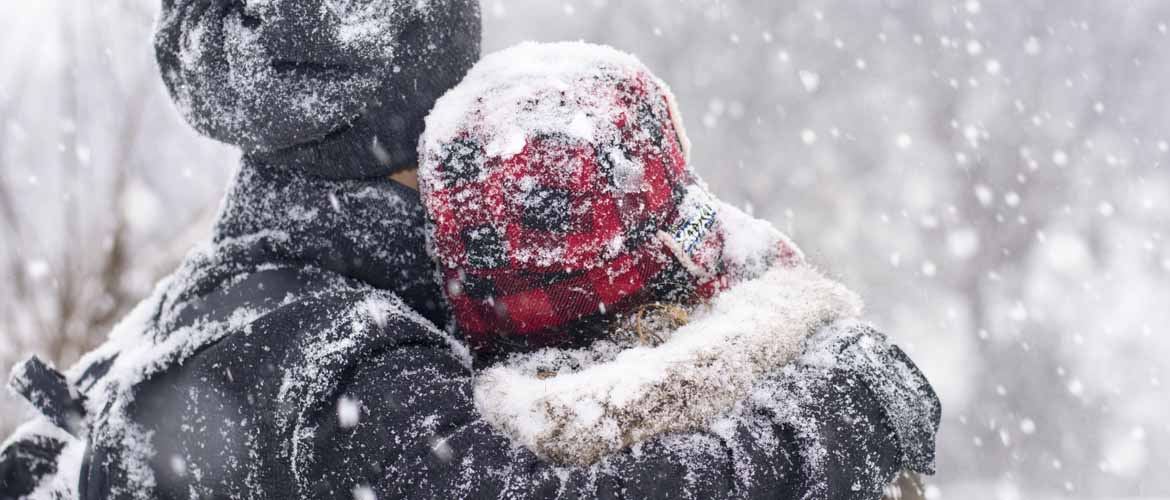12/19/2018
Courtesy of PAHomePage.com. Original article can be read here.
Cases of the flu and the common cold are already popping up all across northeastern and central Pennsylvania and it's not yet even winter. Of all four seasons, winter is the one when most of us get sick.
The last thing anyone wants is to be miserable or even bed-ridden because of illness. Eyewitness News Healthbeat Reporter Mark Hiller spoke with a local doctor about what we can do to reduce our risk based on the long-range winter weather forecast.
Consider the storm that hit in mid-November as a sign of things to come. Snow is always a staple of the winter season. How much snow this winter remains to be seen but the long-range forecast points to a wetter than normal season. "It means the risk of getting the virus infections, the bacterial infections," said Kwaku Boakye, MD who is specializes in family medicine at MedExpress Urgent Care Family Medicine in Wilkes-Barre Township.

Dr. Boakye says some bacteria thrive in damp weather as well as the cold. Speaking of which, major temperature swings are also expected this winter. "With the temperature fluctuation, I mean you have certain bacteria or viruses that can lay dormant in a not so cold atmosphere and when the weather gets very cold they thrive and they start spreading," said Dr. Boakye.
It can put you at risk for everything from the common cold to the flu. So what can you do to give yourself a healthy edge? Besides getting a flu shot, Dr. Boakye recommends practicing good hygiene like frequently washing your hands and avoid touching your eyes, nose and mouth.
Another tip from Dr. Boakye is "sanitizing or cleaning the house before and after you have guests."
That means targeting things like door handles, remote controls and even kids' toys where germs can linger for hours if not days. Dr. Boakye said, "All those things we have to make sure we are cleaning very well."
Injury is also a major winter concern. Slipping on snow or ice is a common cause so make sure you're wearing appropriate footwear. Keep in mind, not all falls happen outdoors. Dr. Boakye said, "Even indoors being slightly slippery when someone comes from outside to inside with the wet shoes." It may help keep you out of the doctor's office since, as Dr. Boakye said, "We're expecting and we're prepared to have a very busy winter season."
Make sure this winter you're dressed for conditions to prevent exposure-related injury like frostbite and hypothermia. The Centers for Disease Control reports 1,300 deaths in the U.S. each year because of hypothermia.
